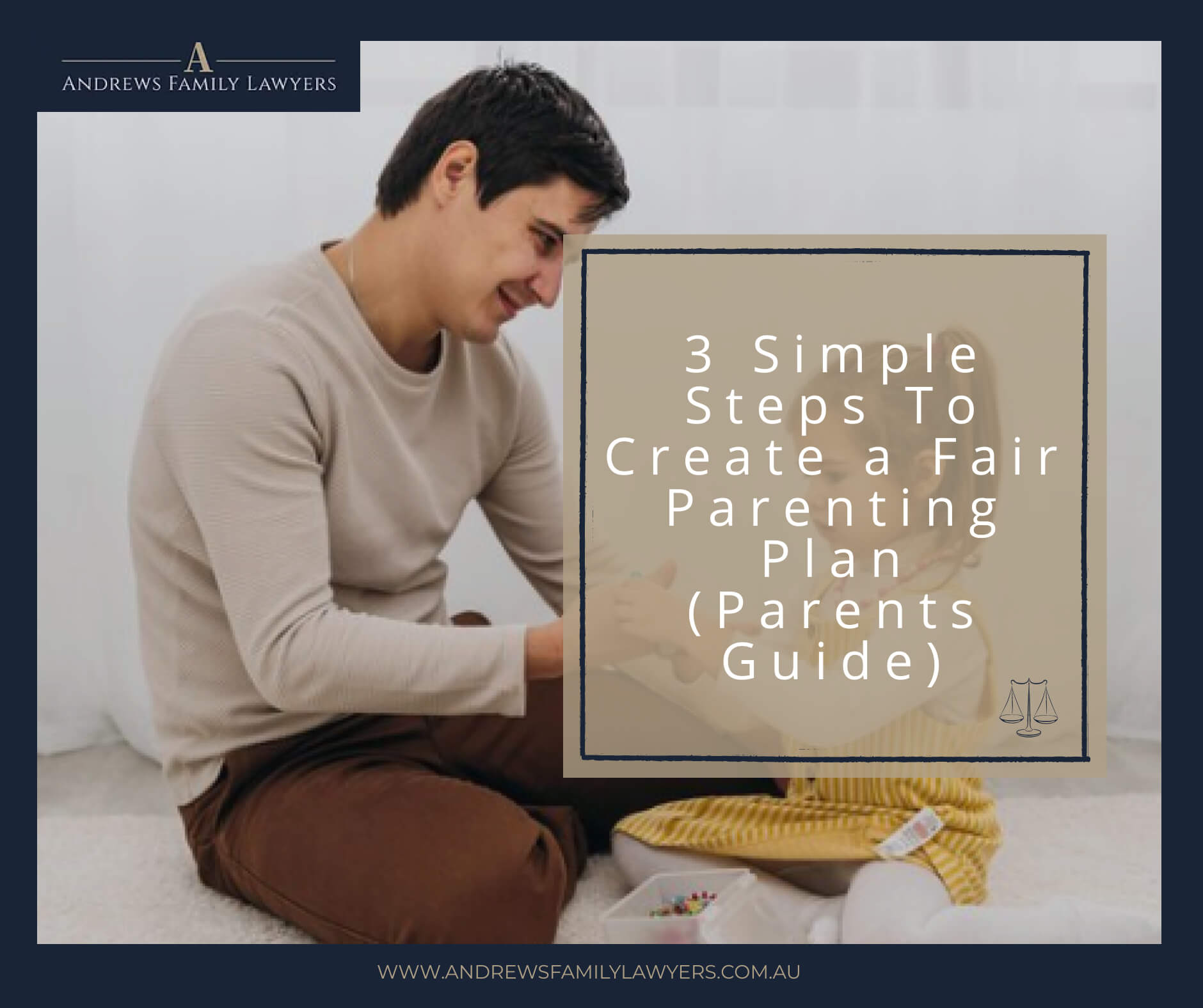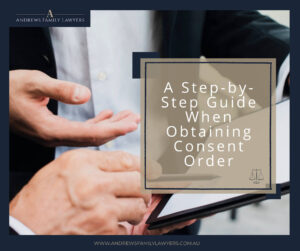Co-parenting can be hard, but your children will be happier if you do it right. This article discusses the important things you must do to make a good parenting plan. You have to work together, talk clearly, and respect each other. If you do these things, you can ensure your children are cared for.
Remember, things will change as your family grows, so you need to be flexible.
How to Create a Simple and Fair Parenting Plan?
Step 1: Open communication about parenting arrangements
Create a Collaborative Atmosphere
Approach the conversation with a mindset of collaboration rather than confrontation. Both parents should acknowledge that the primary goal is their children’s well-being. This approach can help reduce tension and foster a more productive dialogue.
Active Listening
Each parent should practice active listening. Concentrate on and understand the other parent, respond thoughtfully, and remember the points. This ensures that both parents feel heard and valued. This is crucial for mutual respect and understanding.
Express Needs and Concerns Clearly
Each parent should articulate their needs, concerns, and expectations regarding the parenting plan. Discuss each parent’s living arrangements, work schedules, and other commitments. This helps determine how these factors influence the children’s care.

Step two: Make it a written agreement
Document Key Decisions
After negotiations, write down all agreed-upon points regarding parental responsibility. This involves the child’s living arrangements, education, health care, and other vital aspects of their upbringing.
Use Clear Language
Write the agreement in simple, straightforward language. This ensures both parties and relevant individuals understand the terms without legal interpretation.
Include Specifics
Detail the agreement’s specifics. This includes schedules for visitation and arrangements for holidays and special occasions.
Decision-Making
Outline how decisions about the child will be made. Specify which decisions are joint and which can be made by one parent.
Communication Protocols
Include how parents will communicate about the child and in what circumstances.
Flexibility Clause
Acknowledge that the agreement is informal. It can be adjusted by mutual consent. This may be necessary to accommodate changes in circumstances or the child’s needs.
Sign and Date
Although it’s an informal document, the parents should sign and date it. This demonstrates their commitment to the agreement.
Copies
Each parent should keep a copy of the agreement for reference. Consider sharing it with relevant family members or caregivers who must know the arrangements.

Looking for help with a parenting plan? Andrews Family Lawyers can provide personalised guidance and support to make the process easier.
Step 3: Implement and revisit the plan
Implementation
Transition Smoothly
Ensure the plan makes the children’s transitions between homes as smooth and stress-free as possible. This might involve establishing routines or rituals. These can help children adjust to moving between their parents’ homes.
Consistency
Both parents should adhere to the agreed-upon schedule and guidelines. This will provide stability and consistency for the children. Consistency helps build trust and security, which are crucial for the children’s well-being.
Support System
Encourage children to express their feelings about the new arrangements. When they do, provide them with the support they need. This might include counselling or therapy if necessary.
Revisiting the Plan
Regular Reviews
Agree to review the parenting plan regularly. This will ensure it continues to meet the children’s and both parents’ needs. Children grow, and their needs change, so the plan should be adaptable.
Open to Adjustments
Be open to making adjustments to the plan as needed. Life circumstances change, such as job schedules, living arrangements, and children’s needs. These situations may require modifications to the plan.
Conflict Resolution
If disagreements arise during the review or adjustment process, return to open communication. If necessary, consider mediation. A family dispute resolution practitioner can help.
Document Changes
Any changes to the plan should be documented and agreed upon by both parents. This ensures clarity and helps prevent future misunderstandings.

Legal enforceability
It may be worth turning your parenting agreement into a legally enforceable agreement. The Family Court can provide consent or parenting orders to formalise your plan.
Conclusion
Creating a fair parenting plan is something that changes over time. It requires open communication, detailed documentation, and a commitment to adapt. The most important thing is to focus on what is best for the children, work together, and be willing to make changes when needed. Parents can work together to provide a safe and supportive environment for their children to grow up in.
If you need help with figuring out a parenting plan or legal advice, contact our experienced family lawyers.




